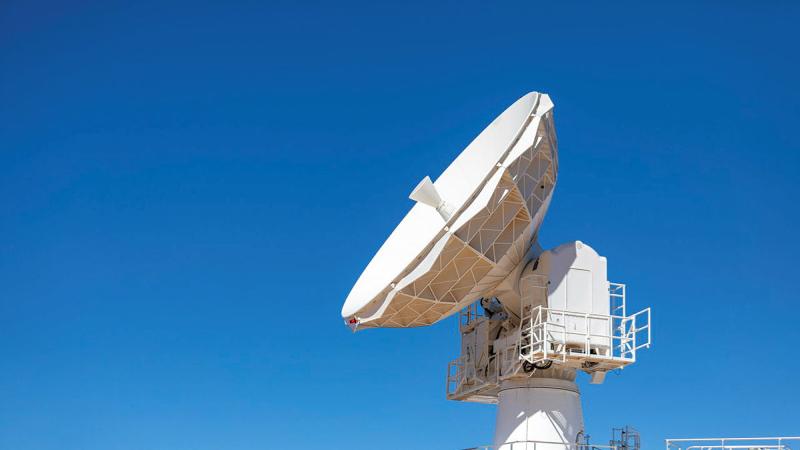Maritime NZ wants people heading out on the water over Waitangi Weekend to think about what can and often does go wrong.
This summer Maritime NZ has been notified of dozens of incidents which have resulted in injuries, near misses, people ending up in the water, collisions and damage to vessels.
On average 18 people die each year in recreational craft incidents.
“Luck, not good management or good behaviour, has been a big contributor in a number of people being able to get home safely this summer after a planned day of fun on the water,” Principal Advisor Recreational Craft, Matt Wood says.
Maritime NZ data shows a year on year increase in the number of skippers surveyed ensuring people on-board are wearing a properly fitting lifejacket, having a way to call for help stored in a waterproof bag and planning for the trip ahead.
Wearing a properly fitted lifejacket, carrying two forms of communication and understanding the conditions are critical steps to take to improve safety on the water.
“However, of the incidents we have been informed of this summer, we have seen trends around not having the correct safety equipment, not following the rules and failing to understand the risks on the water.
“We have been told about incidents where people have fallen overboard and got separated from their vessels, jet skis crashing, near misses between powered and un-powered vessels as well as capsizings.
“The risks in these situations are just so high.
“We have had incidents reported to us on every type of waterway; from lakes and rivers, through to coastal and off-shore,” Matt Wood says.
Regional harbourmasters play a key role over the summer boating period in talking to recreational craft users through the ‘No Excuses’ Campaign.
“Since the recreational craft season started there have been more than 5000 interactions between regional council harbourmasters and recreational craft users.
“No Excuses’ is both about education and compliance,” Matt Wood says.
What these interactions found is that there is work to do in the education space around ensuring vessels display dive flags if they have divers in the water, and the risk of boats undertaking towing activities not having observers.
“Divers are vulnerable in the water, and in the past we have seen numerous incidents where divers have either been seriously injured or killed after being struck by vessels. Having a diving flag gives them an added layer of protection. Having an observer when towing means the driver can be alerted if there are risks to those behind your vessel. Not having an observer on a busy body of water can have dire consequences.
“We want you to be prepared this weekend, have the right safety equipment, understand the marine weather forecast and know the rules when out on the water.
Taking these steps will help you to come home safe this long weekend,” Matt Wood says.








